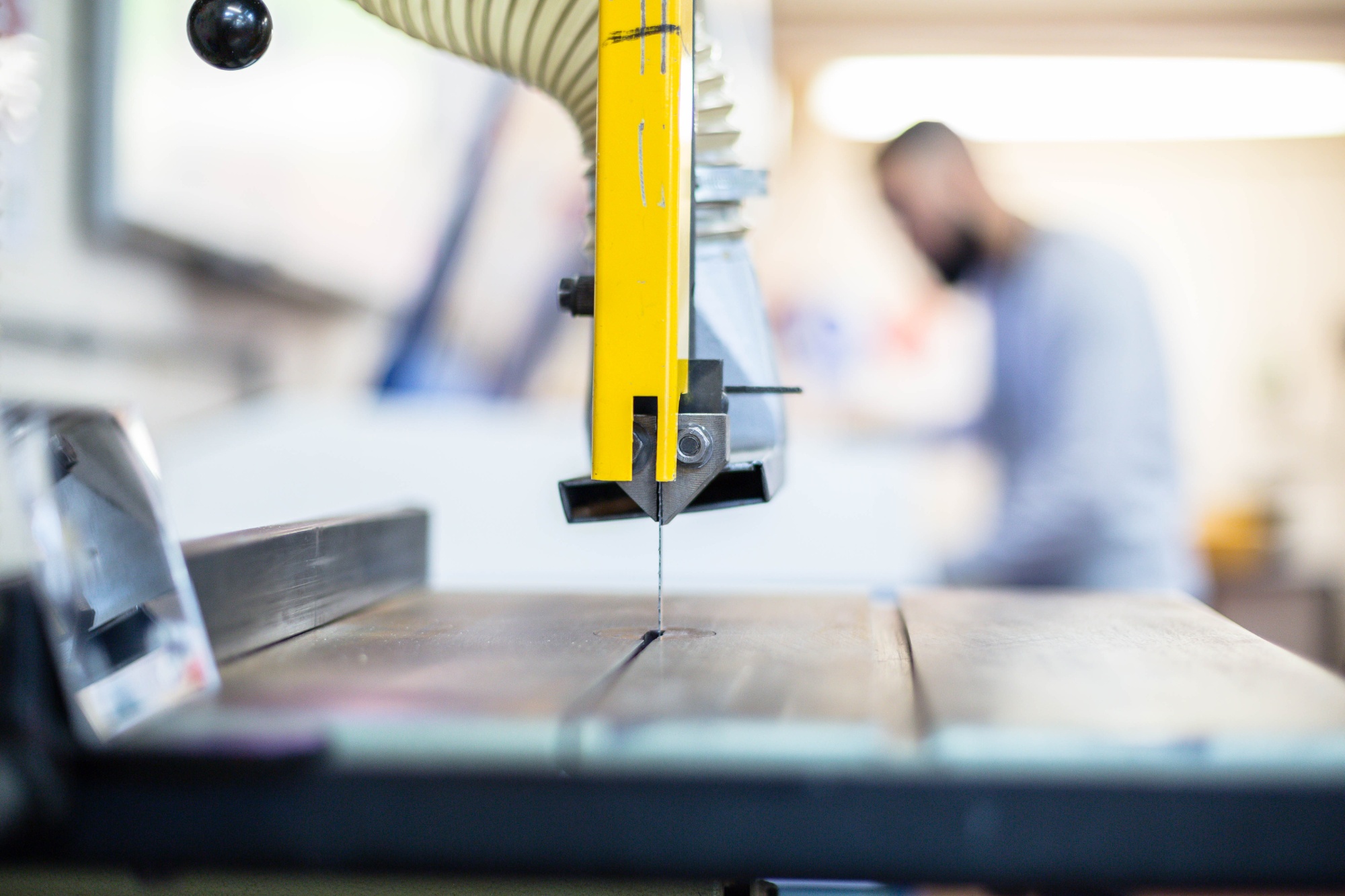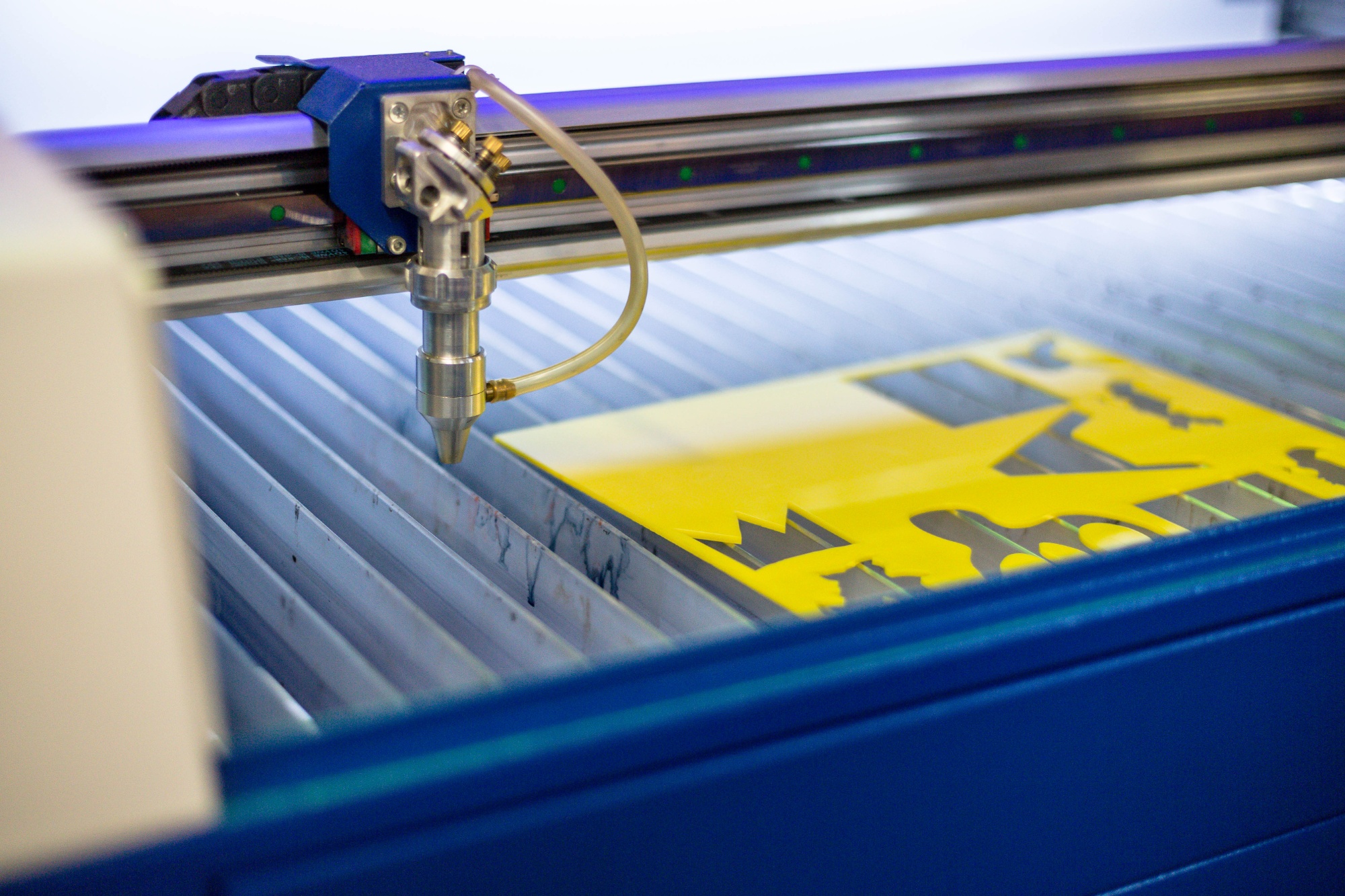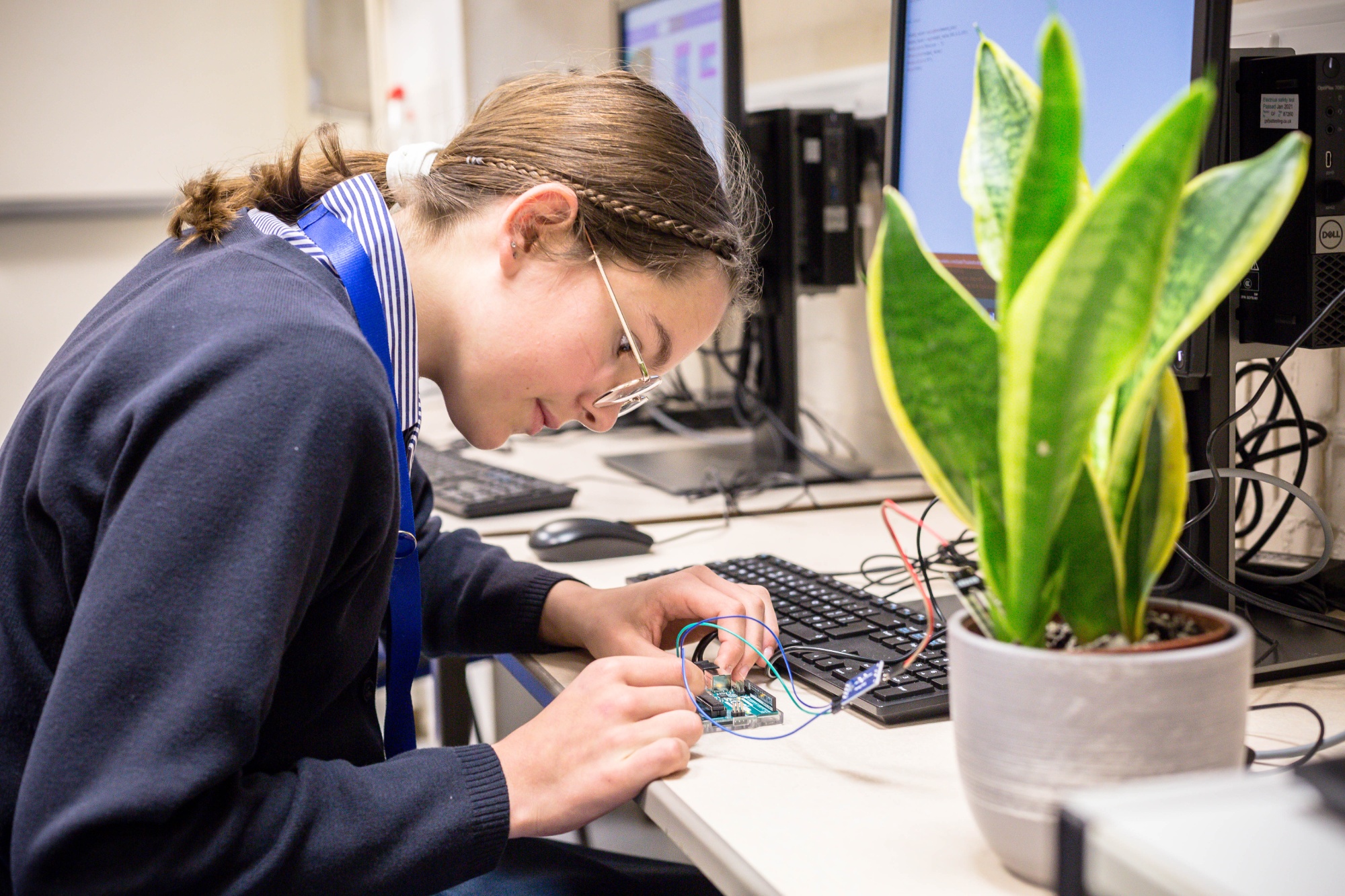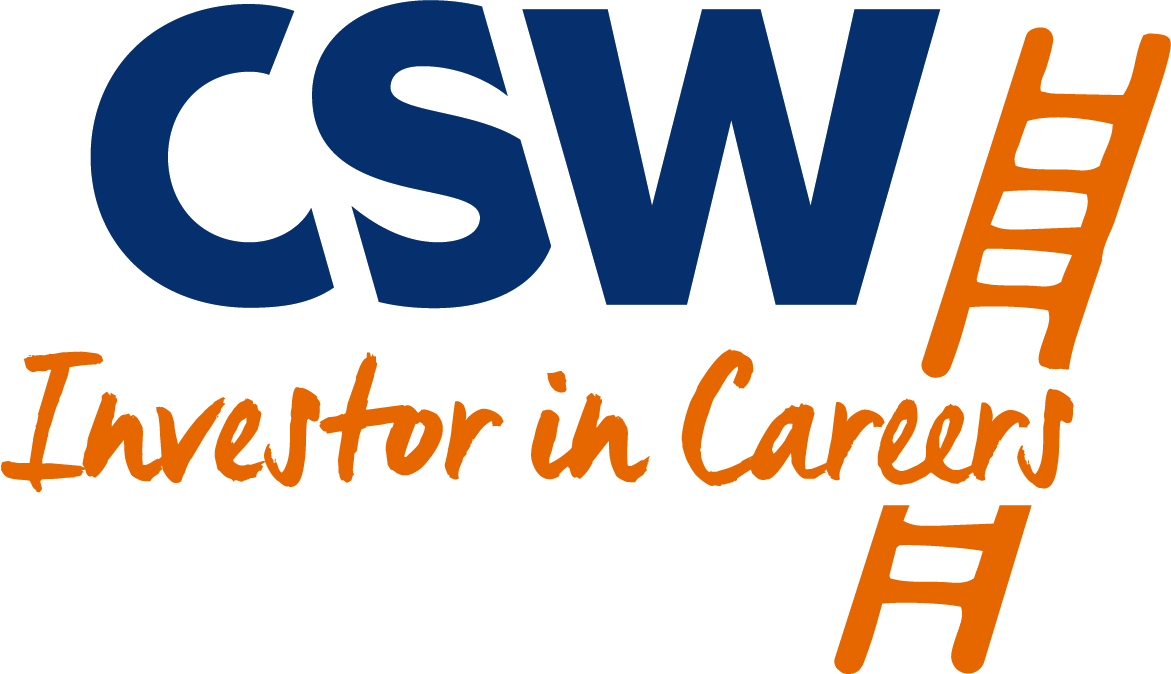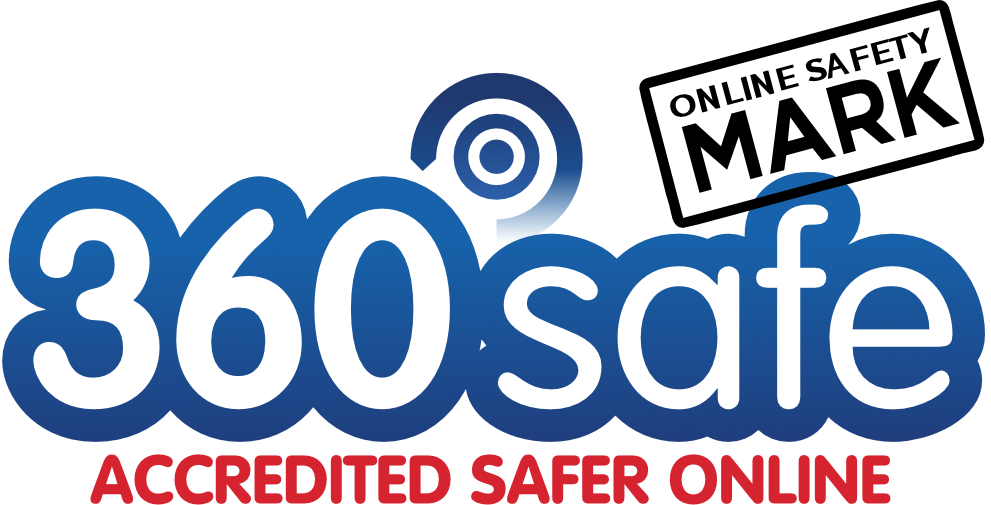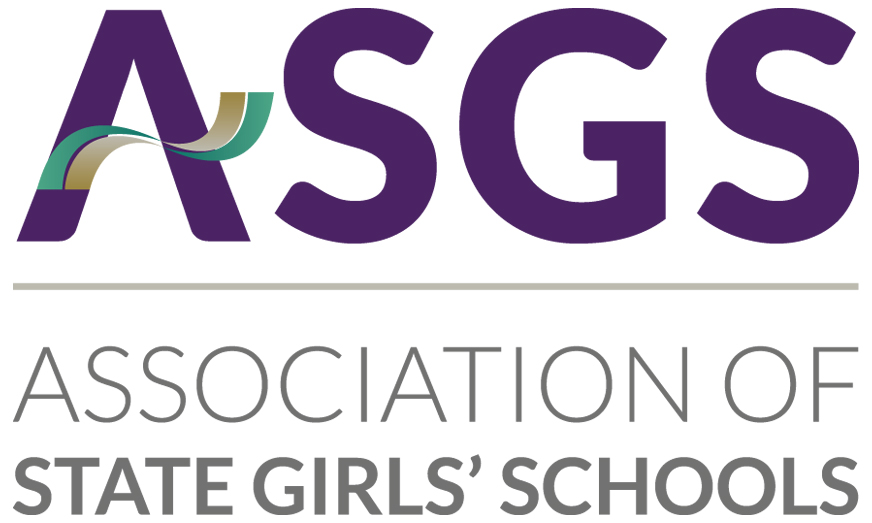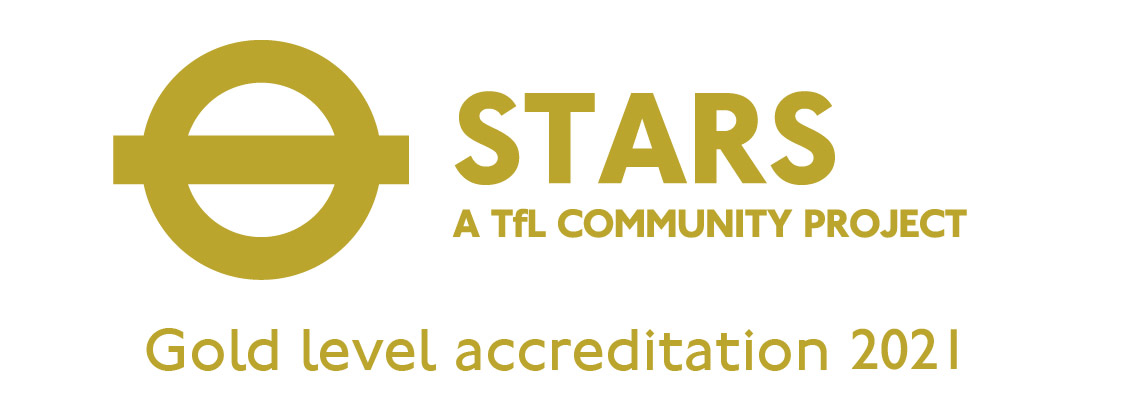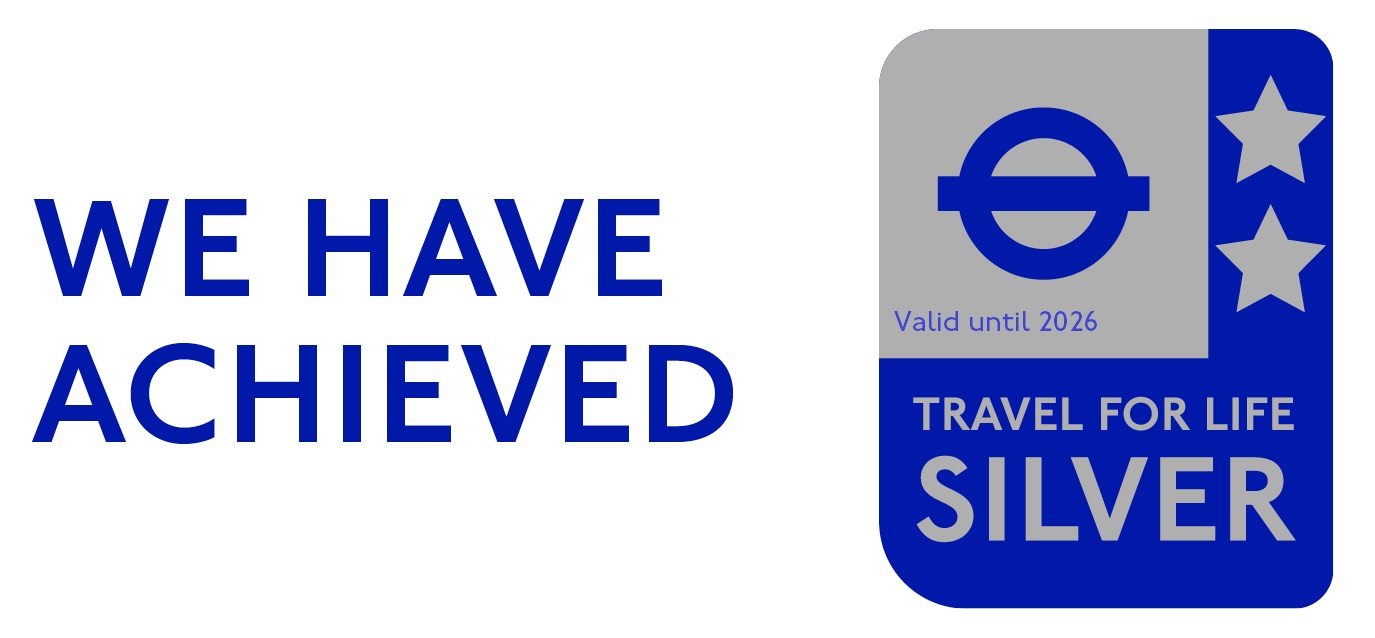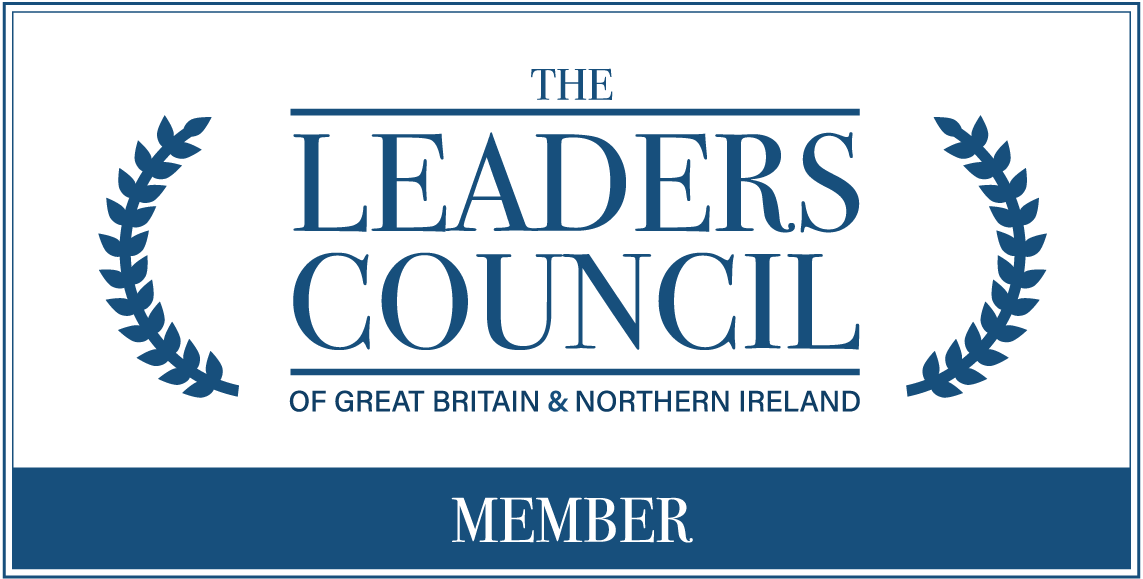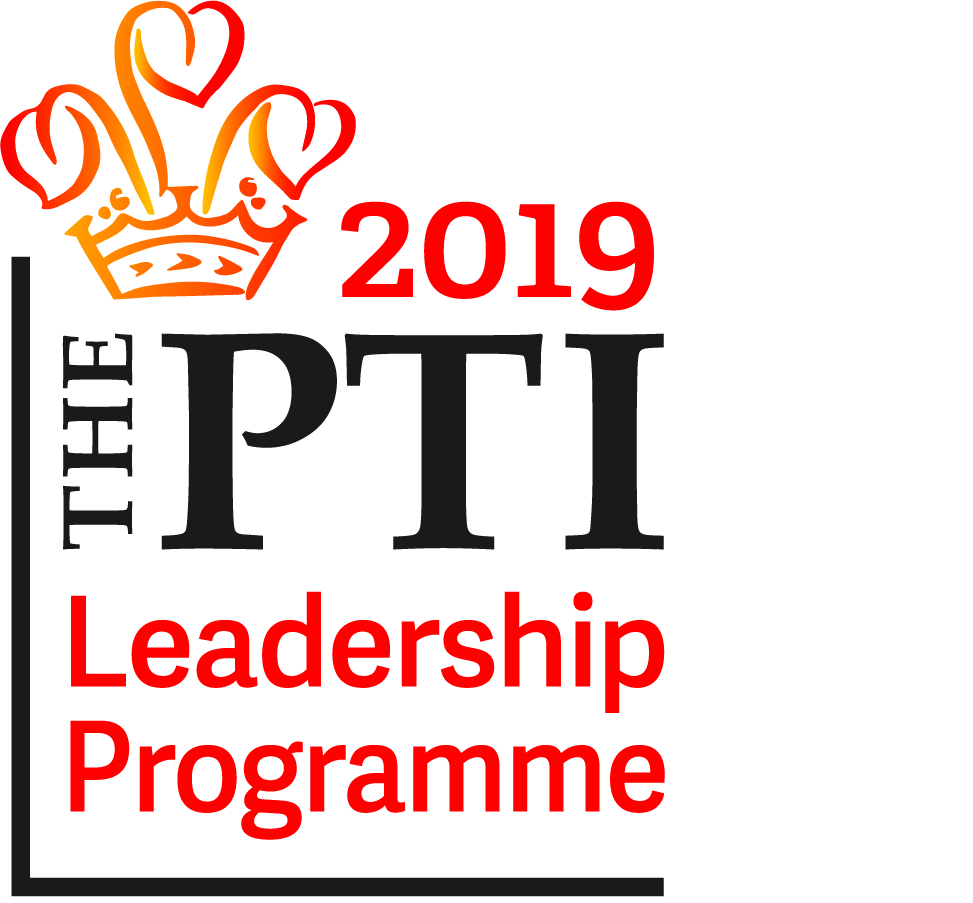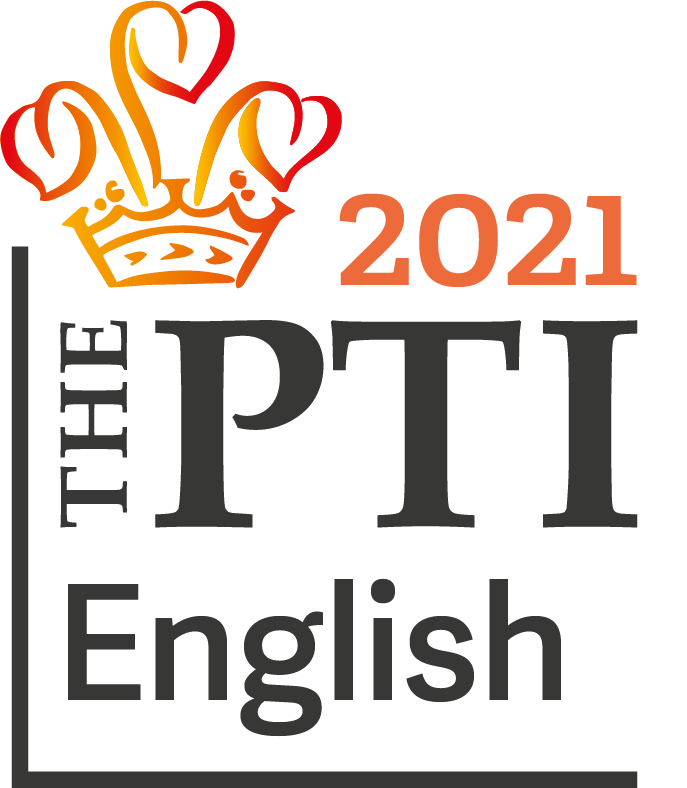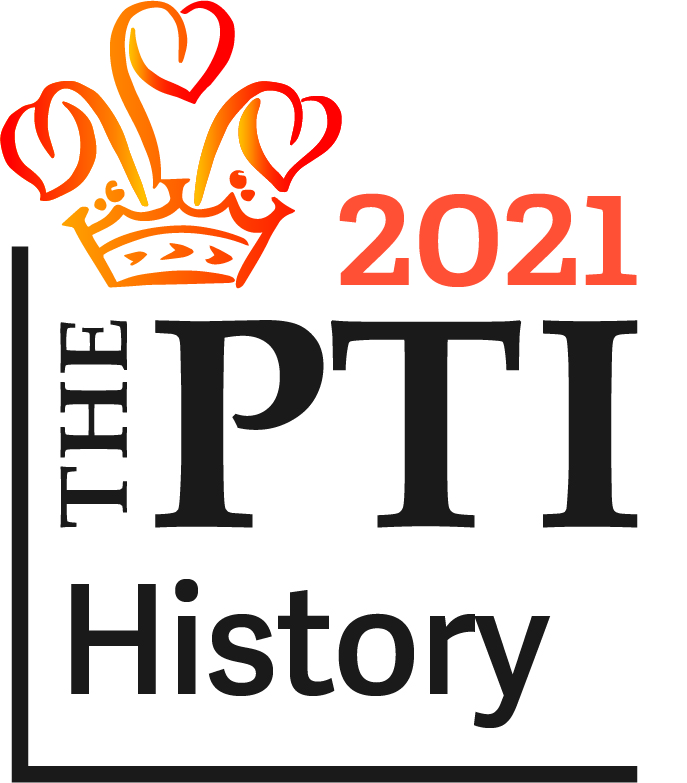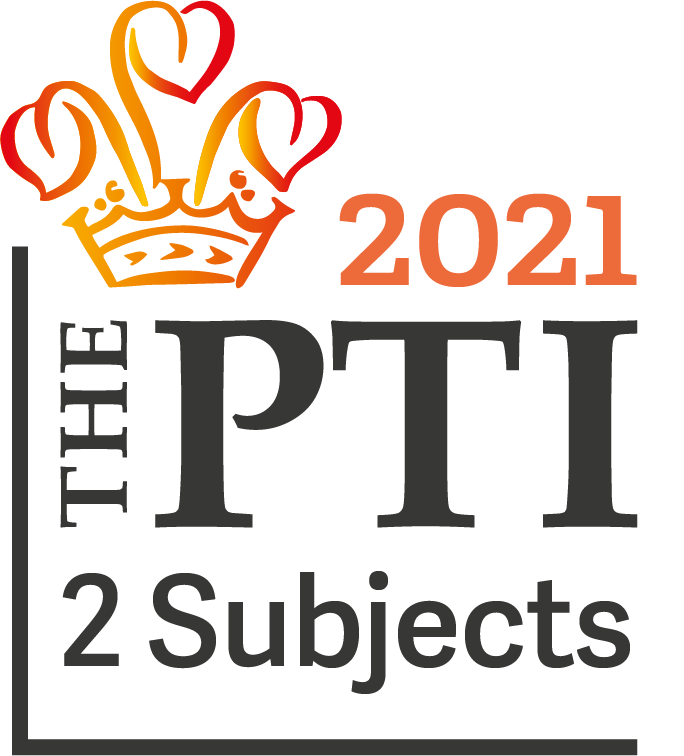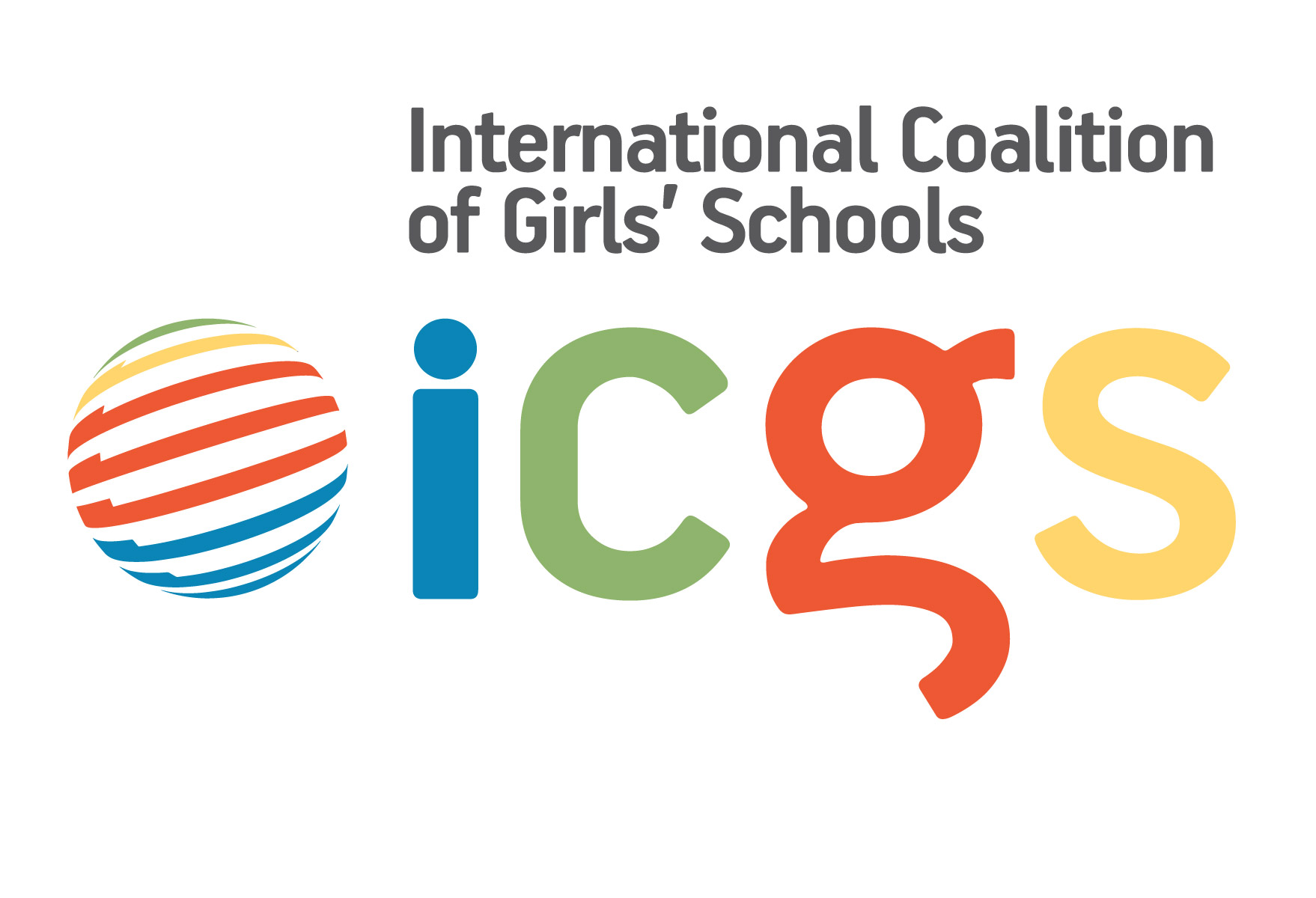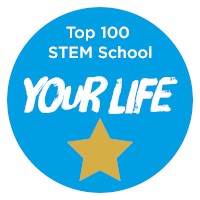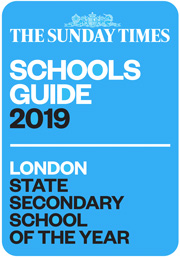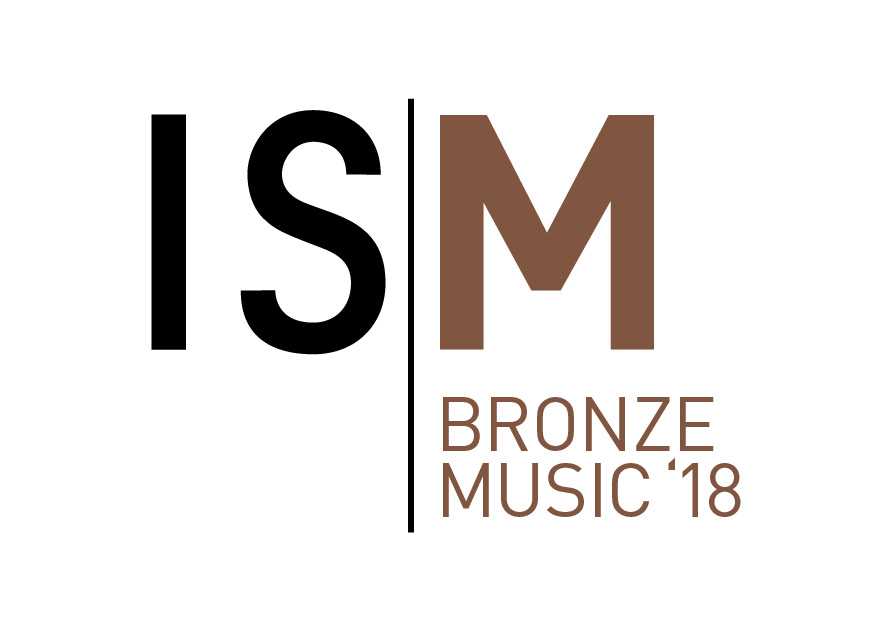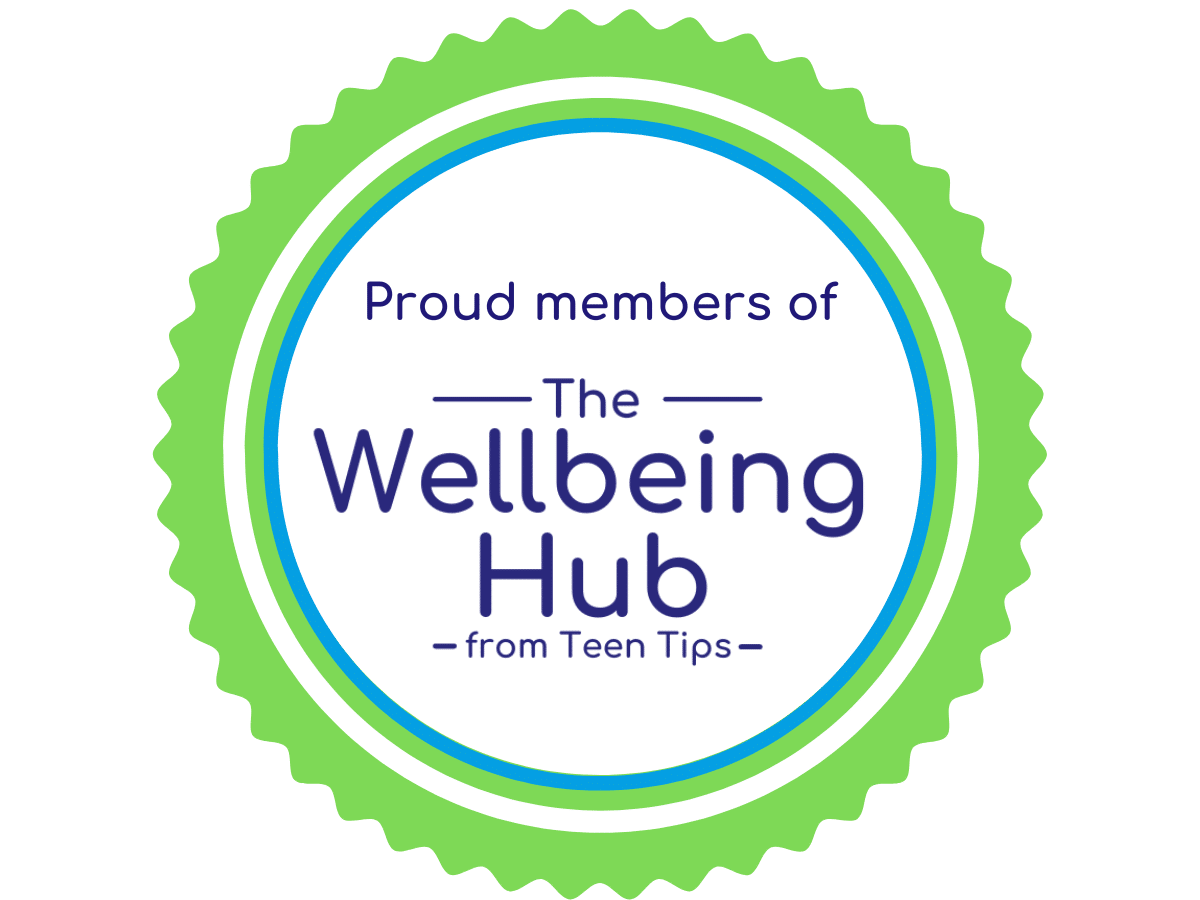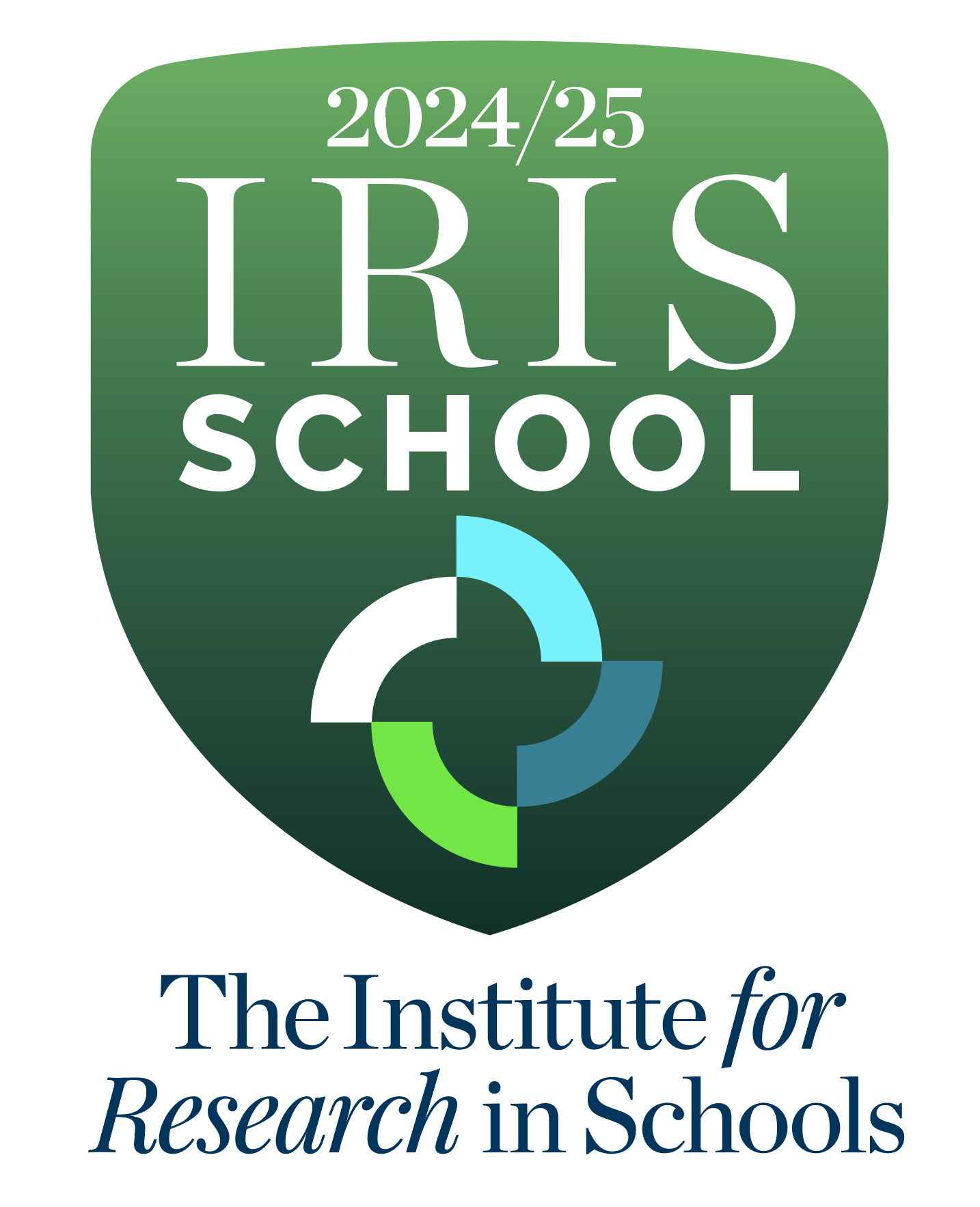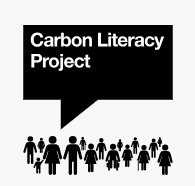What is Design & Technology? Why study it?
“The hand is the cutting edge of the mind”
Jacob Bronowski – The Ascent of Man [1973]
Design and Technology is a creative subject. The overall vision is to encourage students to be creative by engaging with the design process.
Problem finding, problem solving, generating creative solutions, and communicating those solutions, through drawings and prototypes, lie at the heart of the subject. Designing is a process which requires creativity, collaboration, communication, and critical thinking [the four C’s].
The four C skills are real world, transferable, skills.
Designing and making involves three key stakeholders: Designer, Maker, User.
Designing products requires an understanding of user need; making products requires an understanding of making and materials.
The study of Design and Technology allows students an opportunity to solve real world problems with creative ideas, and to test those ideas through prototyping and making. In doing so students acquire vital transferable knowledge, skills, and practical capability.
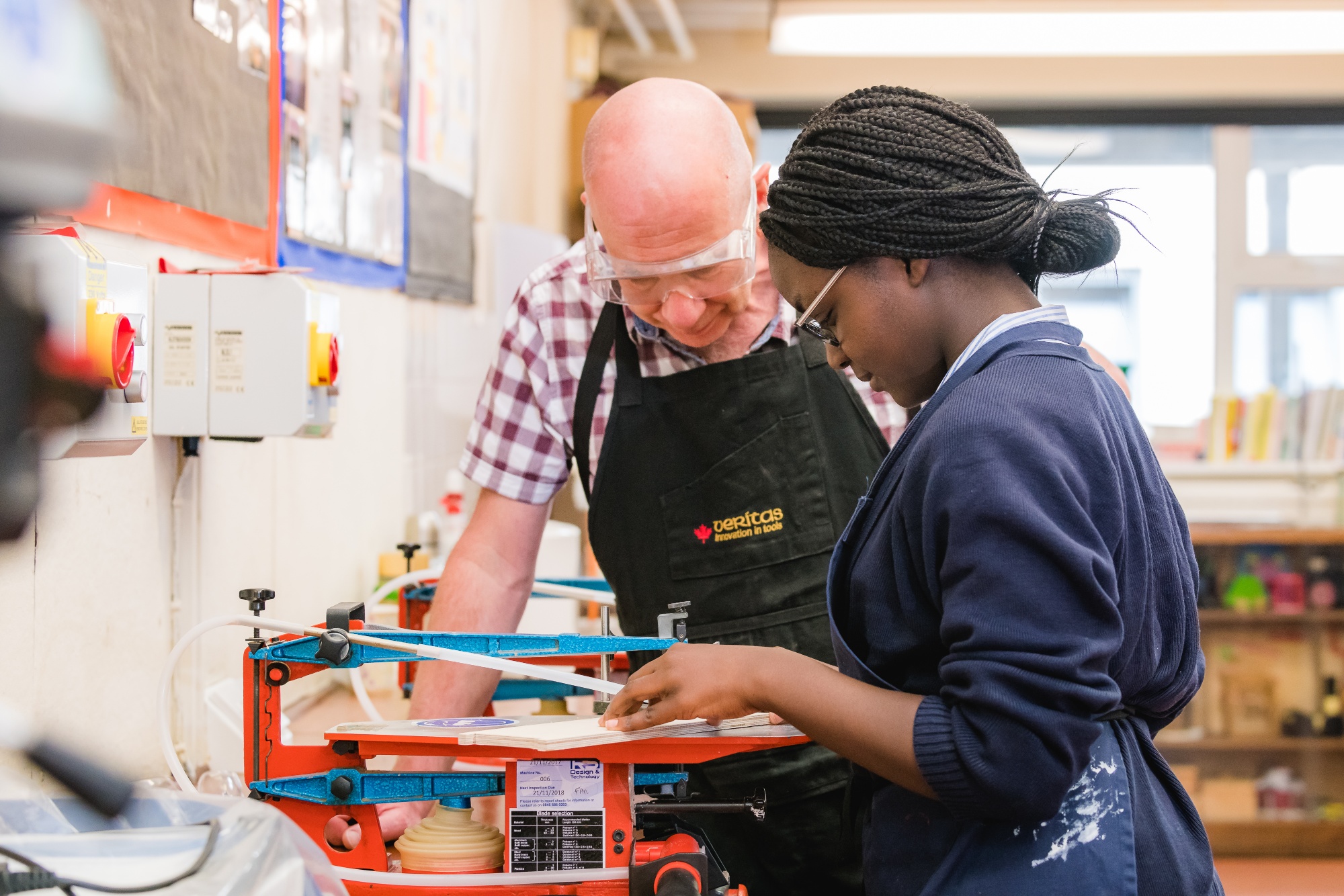
KS3 Product Design - Curriculum Overview.
The KS3 curriculum has evolved into a model which satisfies the National Programme of Study and also suits the particularly academic type of student we have at Woodford County.
Curriculum planning at Woodford County places emphasis on creativity and the iterative processes of design to develop ideas.
Students experience different learning units in each year of KS3, which are planned to link and build sequentially to provide a secure foundation of learning which involves concepts, knowledge, understanding and skills.
Students study Product Design for one term each year and receive 3 lessons per fortnight.
The overarching concept for all years is:
Design as a process [and how good design improves peoples’ lives].
An emphasis is placed on the four ‘C’s:
Creativity; Critical thinking; Collaboration and Communication.
The underpinning concepts in Product Design are:
- Year 7: Iterative design, creativity, and communication of ideas.
- Year 8: Making / practical capability and skills.
- Year 9: Contexts, creativity, and communication of ideas.
Designing and evaluation form two fundamental aspects of designing which span all years and all learning units.
These two aspects are used to assess students’ progress.
You can find more information about the KS3 learning units in the ‘Years 7-9 Programmes of Study’ section of the website.
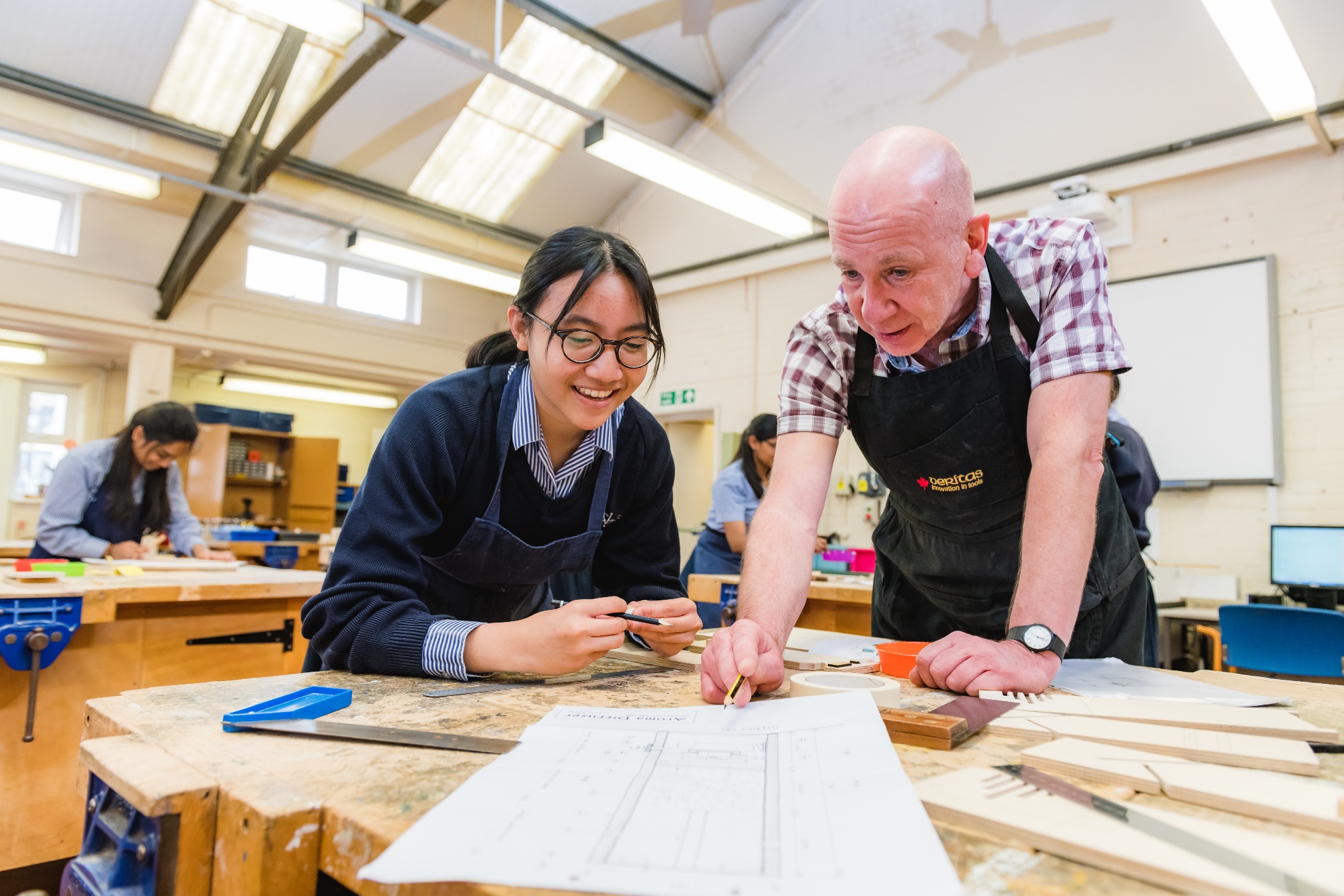
Key Stage 3 Product Design
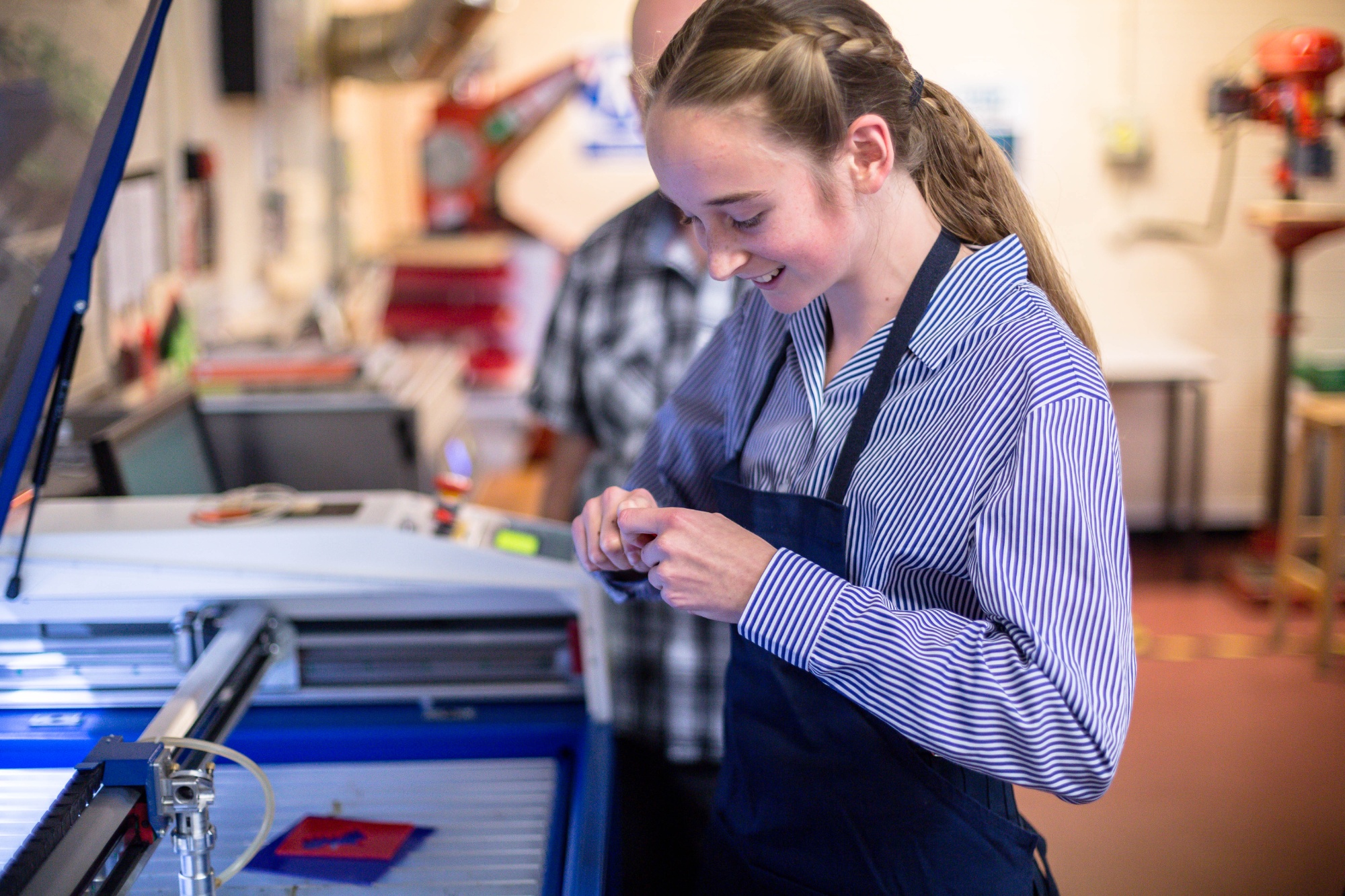
KS3 Electronics - Curriculum Overview.
Curriculum planning at Woodford County is planned to link and build in a sequential manner, to provide a secure foundation of learning which involves concepts, knowledge, understanding and skills.
There is an emphasis on sustainability.
Electronics has clear links to Product Design and also Computer Science.
The overarching concept for all years is:
Electronics in the Modern World [and how electronics improve life].
An emphasis is placed on:
Technical Knowledge. Application of Theory. Sustainability.
The underpinning concepts are:
- Year 7: Basic electronics & Electronics as a system.
- Year 8: CAD/CAM & Digital Modelling [unit currently under development]
- Year 9: Robotics and automation.
Evaluation and Technical Knowledge form two fundamental aspects of Electronics which span all years and all learning units.
These two aspects are used to assess students’ progress.
You can find more information about the KS3 learning units in the ‘Years 7-9 Programmes of Study’ section of the website.
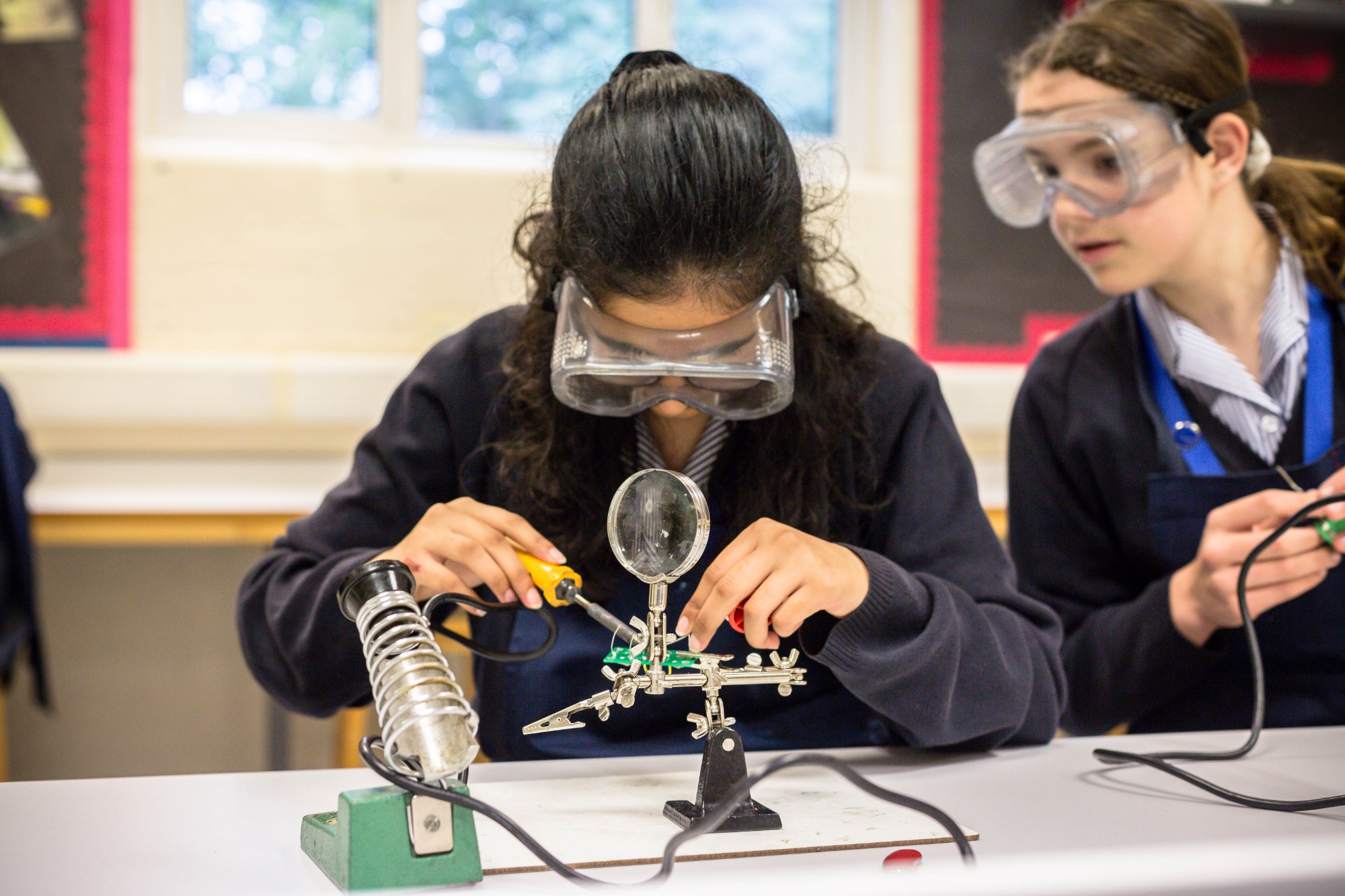
Key Stage 4
GCSE Design & Technology [AQA]
‘Design is a process and a way of thinking. From kitchenware to software and from health to high street fashion, design thinking leads to creative solutions that impact on every area of our lives’.
Newson, Suggett, Sudjic. 2016.
Overview:
The Study of Design & Technology at GCSE level will help students to develop a set of creative, transferable life skills that will help them to participate, navigate and influence a 21st century that is increasingly complex, technologically driven, and difficult to predict.
Students will gain an awareness of and learn from wider influences on Design and Technology, including historical, social, cultural, environmental and economic factors. Students engage with the iterative processes of design, to problem find and problem solve, to generate innovative and creative solutions in response to a design brief.
Course Structure:
Theory = 50%
Theory is studied throughout year 10 and 11 and culminates in a two-hour written exam at the end of year 11. Examination questions cover: Core technical principles; specialist technical principles; designing and making principles.
NEA [Non-exam assessment] 50%
Students undertake a single ‘design and make’ activity, which will arise from investigating a contextual challenge. This involves the production of a portfolio of work, which will consist of: investigation and research; design ideas; design development; modelling; testing and evaluation. The portfolio of work will inform the production of a prototype that satisfies the design brief and is fit for purpose.
The NEA begins just after the May half term in year 10 and concludes just before Easter in year 11.
Requirements:
To succeed at GCSE level, you need to be good at the four C’s: Creativity, Collaboration, Communication and Critical thinking. You also need to:
Be interested in:
Products, systems and the built environment; the creative processes of design; designing and making products; materials and their working properties; practical processes – using tools, machines and equipment.
Have aptitude for:
Investigating problems; asking questions and looking for solutions; generating and communicating ideas through drawing; discussing ideas and embracing feedback from others; developing ideas through dialogue, drawing and modelling; realising ideas through planning and making.
Be willing to:
Proactively think and work in an independent way; manage your time and meet deadlines; reflect upon, evaluate and question your work constantly; gather information and compile a portfolio; embrace the uncertainty that creative freedom brings.
Examples of student work:
Contextual Challenge: ‘Addressing the needs of people with disabilities’ [2019].
A product to help elderly people cross the road and be more visible to oncoming traffic.
Contextual Challenge: ‘Supporting developing countries’ [2019].
A product to help young girls in developing countries cook more safely on an open fire.
Key Stage 5
Regrettably, we are currently unable to offer Design & Technology at a KS5 level of study.
Enrichment
Students at Woodford County are offered the following enrichment activities:
- Additional lunchtime sessions for KS3 students to provide more time to complete practical work.
- Additional lunchtime sessions for KS4 students to provide more time to complete NEA work.
- External visits to The Design Museum and The Science Museum.
- Internal workshops delivered by third parties.
- The opportunity to apply for and be supported with an application for an Arkwright Engineering Scholarship [Year 11 GCSE students].
https://www.arkwright.org.uk/
Future Pathways:
Studying Design & Technology provides a vital ‘stepping-stone’ towards numerous future pathways, all linked to the creative professions and industries, including Architecture, Design and Engineering.
Career possibilities include:
Architecture; Engineering; Product Design; Graphic Design; Interior Design; Systems Design; Web Design; Digital Design; Information Design; Fashion Design; Textiles Design; Landscape Design; Transport Design; Lighting Design; Furniture Design; Construction; Manufacturing; Making and Building.
If you are interested in studying Design & Technology at GCSE level, please contact Mr Baines.
